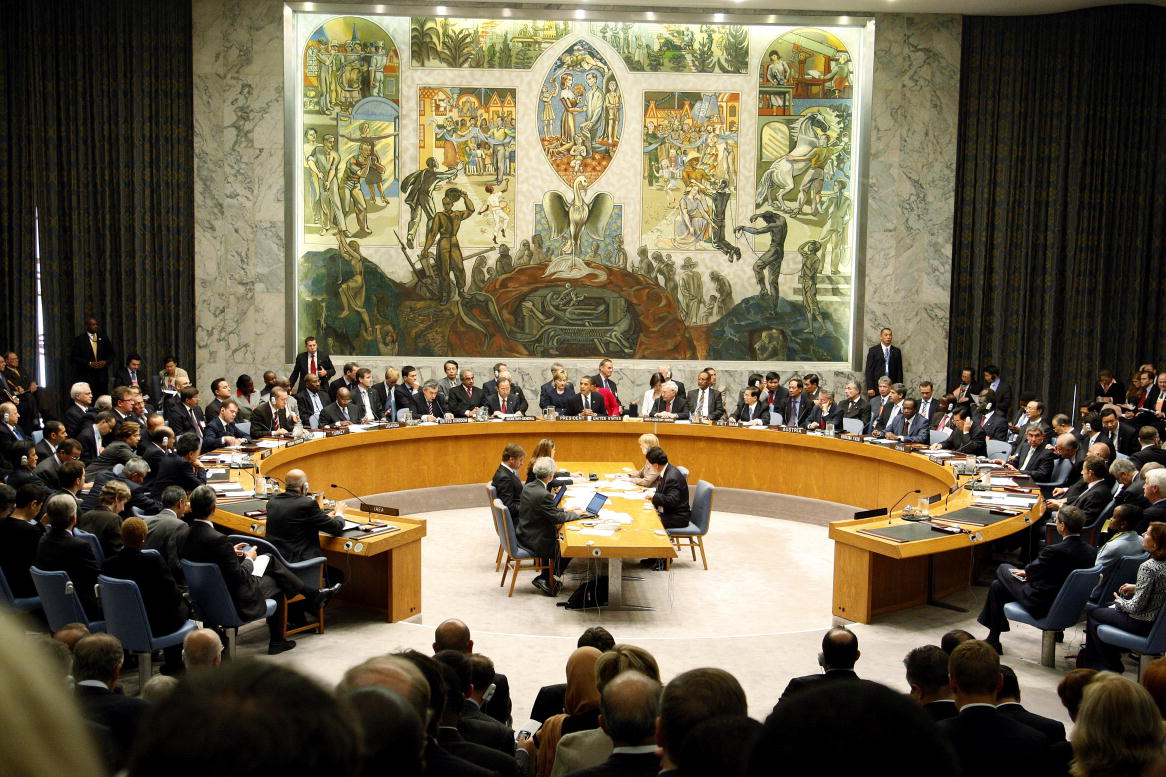
The August 21 chemical attack in Syria has put the UN Security Council back into the spotlight on this issue, after being virtually paralyzed for more than two years due to the use of the veto by Russia and China. While today’s agreement between the five veto-holding permanent members (P5) to eliminate Syria’s chemical weapons gives fresh hopes for a renewed role of the Security Council, the reasons for disagreements remain numerous.
What is, and has been, at the core of the Security Council’s “embarrassing paralysis”—in the words of UN Secretary-General Ban Ki-Moon—is the possibility to impose coercive measures on the Syrian government, including the use of force, under Chapter VII of the UN Charter. Made wary partially by the precedent of resolution 1973 on Libya, which opened the door to military intervention and, eventually, regime change, Russia and China have consistently rejected any resolution referring to Chapter VII. The latest bid to agree on a resolution giving a framework to the US-Russia agreement is no different since, in Western views at least, its viability rests on the credibility of coercive measures including, but not limited to, the use of force—a requirement French President François Hollande reiterated this week.
